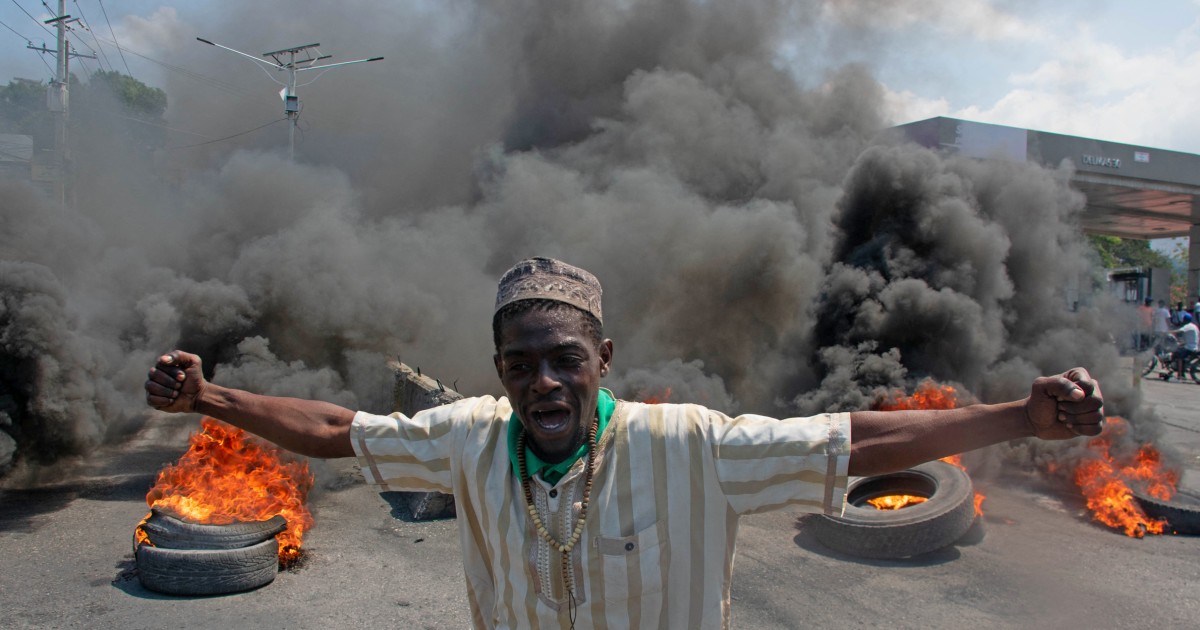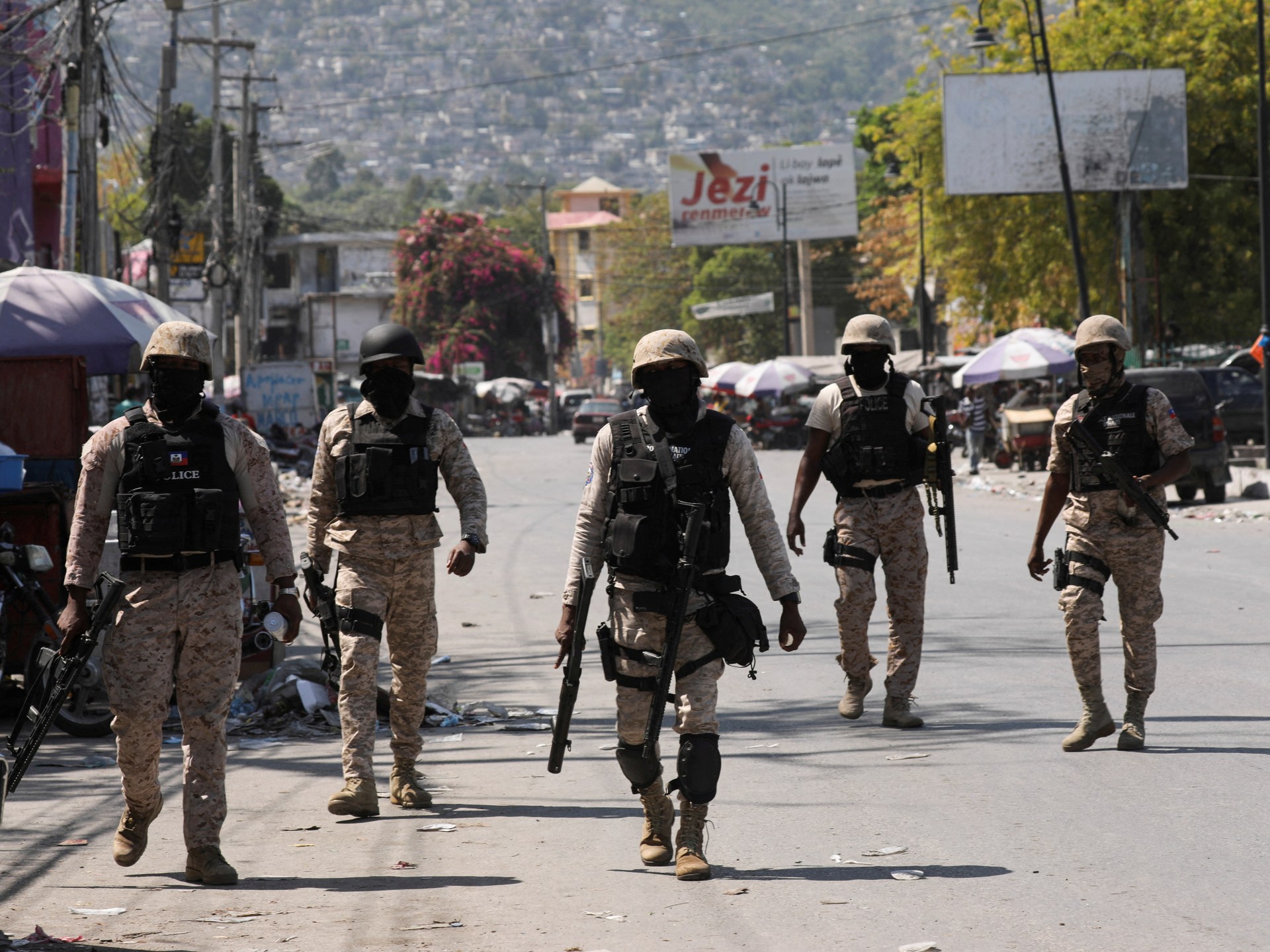
Haiti is a country in the Caribbean that has been plagued by gang violence and organized crime for decades. The government of Haiti, led by Prime Minister Ariel Henry, has struggled to maintain law and order as gangs control 80% of Port-au-Prince's capital city. The diplomatic response from international organizations such as CARICOM (Caribbean Community) and the United States includes a transitional governance arrangement that aims for a peaceful transition of power, but this has not stopped the violence or crime in Haiti. In recent weeks, there have been attacks on upscale neighborhoods in Port-au-Prince where at least 12 people were killed nearby during gang attacks. The latest attack took place on March 18th and resulted in the deaths of at least a dozen people.


